|
Acupuncturist and massage therapist Mihaly Rosta shares some interesting thoughts around the 'how' of our eating habits being as, if not more, important than the 'what'. ow important is it to have the right food on your plate?
I usually see a divide amongst my friends and clients when it comes to diet and food. Some people just eat for the joy of it, not caring much about if they eat a lot of carbs or meat. Whilst other people can be “almost” obsessive about what they eat. May that be superfoods, very specific vegetables and meat, etc. So what is the correct attitude to diet? Well, I of course could not give a simple answer to such an important question. Especially as I am not a dietician. However when it comes to Chinese medicine, we always strife for balance. Walking the middle path. Sure, it is important to have a varied diet -according to both food energetics, colours, food groups- but I find it much more important to look at how people eat and digest. In my experience, our mental health and eating habits combined has a much stronger effect on our digestion and general health than the types of food we eat. Do not get me wrong, I am not saying that we should all eat white bread, milk and sugar 3 times a day. I am referring to the fact that if you have a varied intake of vegetables, fruits and meats/nuts, you should not worry too much about whether it is organic or not, or how many superfoods and brown rice you include in your diet. What is important then? 1. Structure and rythmn It is generally important to follow a rythmn in our daily life. Structuring our days around our meals and sleep can provide with a healthy l. So we priorities ourselves, our nourishment amongst other responsibilities. 2. Rest Taking breaks between meals (3-4 hours) gives our digestive system a rest, as opposed to continuous snacking which will overwork our Spleen and Stomach. 3. Focus /mindfulness Eating should be about the food and our nourishment. The taste, texture, colour, smell of our food should be in the focus of our mind when we eat. Not TV, Netflix, news, daily tasks or plans for the week. Let’s do ourselves a favour and eat mindfully. Just when we decide on the food we eat, we should apply the same mindfulness during our time of nourishment. 4. 2/3 There is a Chinese saying that you should only fill your belly 2/3 of the way, so there is space for Qi to do the digestion. Overeating is overtaxing on our digestive system. Finding the correct amount of food that does not leave us hungry, but also doesn’t makes us sleepy is essential. 5. Fluids It is important to drink plenty of fluids during the day, however it is best to avoid drinking with our meal. If you have a weak digestion, you may find it beneficial to drink digestives 20 minutes prior to your meals. Or if your meal seems to settle in heavy (lots of fats/oils) you may find drinking a (half) shot of clear spirit (I recommend Bison vodka for flavour 😛) also very beneficial. On a different note. There seem to be a misconception about the amount of fluid we all need to drink. Generally speaking of we want to hydrate ourselves we have to include fluid-ful vegetables in our diet. Soups, curries, tomatoes, courgettes, etc. 6. 100 steps Digestion does not stop when we finish eating. On the contrary. It’s fairly important that we rest after a meal for about half an hour. The Chinese has been recommending 100 slow steps after eating. As (slow) walking aids the intestinal movements (peristalsis) and thus digestion. 7. Avoid going to bed on a full stomach Simple as that, we should not be wasting our energy on digestion whilst we are sleeping. More over, it is most beneficial to have a bigger gap (intermittent fasting) in our day when our digestive system is to rest. 8. Anxiety = IBS Last but not least, looking after our mental health is perhaps the most important of tasks that we need in order to have a healthy digestion. I’ll talk about this more in detail another time. So these are only a few points that are in my opinion are just as (if not more) important than the quality of the food we eat. Thus if you are suffering with any digestive issues, you may find it beneficial to go through this list before you start cutting out your favourite foods. Of course Acupuncture is an amazing tool to help/reset the digestive system. So if you feel you need some additional support in that regard. Do not hesitate to get in touch. Happy Eating!
0 Comments
WNT founder Jennie Duck considers how differently we interact with anniversaries of births and deaths and in the week of 'dying matters' shares what currently matters to her about death and dying. My son turns six in June – something generally agreed to be an exciting event, greeted with enthusiasm and joy (and, as parents, with utter awe that this person exists with a tinge of sadness that the stages he’s gone through are in the past now). It is a time for celebration; we tell people our birthdays and we enjoy marking them with cake and parties. Granted they might become a little less joyful if we are feeling resistance to aging, but they tend still to be a time we are cherished and celebrated.
In July it will be 5 years since my dad died and in February it was 4 years since my mum died. These dates loom very differently on my internal visual map of the 2022. While the anniversary of my son’s birth is a gentle peak, something with a very outward, yang energy, the anniversaries of my parents’ deaths are big craters with much more of an inward, yin energy. I describe these as ‘craters’ which sounds very negative, but I don’t feel like that. The crater-ish-ness is symbolic of the desire to retreat and go down into the grief, it is also a reminder of what the period around the deaths felt like. These were dark holes of time that have left their mark forever. But they are not something I ever want to avoid. They are there and my awareness of them is part of the landscape of my life now. These anniversaries change year to year. The first couple of years they hit extremely hard and involved a lot of reliving. I relived the week following my dad’s sudden death when we were absorbing the shock, whereas my mums rapid decline the week preceding her death was something I went through almost hour by hour the first two anniversaries. Now they are more mellow and I can’t always predict how it will pass. I do know, though, that it is vital to give them space, to allow for time and feeling the days leading up to it and sometimes beyond. I find it extraordinary how we interact with death in our society – or how we try and avoid interacting with death. There seems to be a sense that if we draw attention to anniversaries, it is reminding people of loss, of the pain of grief. But this loss and pain is always there, it doesn’t go away because we don’t talk about it or acknowledge it. For some people an anniversary might just feel like something that they need to get past, but for me it feels as vital as Christmas. It shapes the year, it helps me remember in a mind, body and spirit way that life is precious and fragile and cannot be taken for granted. This week is ‘dying matters’ week which draws important attention to the circumstances and environment of how we die and encourages conversations around death. It is easy to avoid putting attention towards our own death or that of anyone we love, be that practical or emotional attention. At the moment what matters to me about dying is that we remember it. That we remember it in our very act of living, that THIS is life, this is our existence, and it doesn’t go on forever. That we remember it in our relationships, that these people we rely on and share with and love so much will one day die. That thought that can be so crippling can also give us fire for living, an opportunity to savour who and what we have while we have it. And mostly, still in my relatively early years of grief experience, it matters that we remember the deaths of those that we have lost. That we remember their impact on our lives, how they shaped us and affected us. That we remember who they were in their lives, what they did with their time on earth and who they touched while they were around. And, finally, that we remember what we went through in losing them, how that moment rerouted our life path and changed us forever. If we can let ourselves remember this and really feel it then, perhaps, we can let ourselves really grieve, let go and really live. In honour of International Women's Day WNT founder Jennie Duck shares her joy in working with a team of women at WNT I have said it before and I’ll say it again – and again – Working With Women is Wonderful!! I did not intentionally set out to curate a team of women at West Norwood Therapies – I just set out to create a team that worked well together, that supported one another, that played their individual part in collaboration and contributing towards a healthy, happy and productive working environment. And it turns out this particular team of women does just that!
We are all professional and highly skilled in our fields and we all work well as independent, individual practitioners working one on one with clients. And then we come together and share, talk, laugh and support one another. During lockdown we had zoom calls almost every week and we all found this to be something akin to group therapy, a time we could check in and feel connected with one another. For the first time we are planning an in-house ‘retreat’ this summer – a few days away together to enjoy one another’s company and strengthen our personal as well as professional bonds and treat one another to our therapies too. Perhaps I’ve been lucky with this particular group of women, but given the women who have come and gone from WNT I know that the magic goes beyond our current small team. It is precious that we can mix the personal with professional, the emotional with the practical and offer one another a web of support where we feel secure and content in our work. Here’s to all the Wonderful Women of the World. We love men too but today is all about the XXs so here I acknowledge Wonder where it rises 😊 Acupuncturist and kitchen dynamo Philippa Summers shares some guidelines for a hearty winter breakfast of champions that will warm you from the inside out and stoke your fire for the day ahead. Yum! What do you have for breakfast? Do you even have breakfast? It’s often a meal that people skip or habitually go for something quick like a cold bowl of cereal or a couple of slices of toast on the go but when the temperatures drop there is nothing like a comforting bowl of porridge to start the day and get the warmth going from the inside. It is quick to prepare, will sustain you all morning and is a gift to your whole digestive system. Try a water-based whole oat porridge, flavoured with a small spoonful of blood-nourishing molasses, and maybe some cinnamon and ground flax seeds.
Top with a sprinkling of pumpkin, sunflower and sesame seeds for extra goodness and a couple of spoonfuls of berries. I use frozen summer berries out of season and just warm them gently. For speed, and if you don’t mind a strangely coloured porridge just add them to the porridge towards the end of cooking. I like a splash of milk to finish it off when it’s in the bowl for that that combo of thick porridge and liquid milk. Delicious and nutritious! If you skip breakfast you may find yourself going for less nourishing alternatives as your blood sugar drops. It can precipitate a vicious cycle of sugar spikes, drops and unhealthy snacking. Starting the day with nourishing breakfast gets your eating habits off to a healthy start and one suggestion to prompt an appetite at breakfast time might be to replace supper with something very light late afternoon or early evening for a night or two, just to kick start a breakfast habit. Finally, try to make time to sit and enjoy your meals, including breakfast. The digestive process begins when we look at the food, anticipate it and the digestive juices start to flow. And we are more likely to chew our food well, another important part of the digestive process,if we are relaxed and not in a rush. Good digestion is as much about how we eat as what we eat. Enjoy! Sports massage therapist Lauren O'Sullivan shares some insights into what 'sports massage' actually is and the fact that it's benefits go far beyond sports people and also how the treatment might be adapted to suit you individually. The term ‘Sports Massage’ can sometimes be misleading if taken literally. It is of course a very useful, and often necessary, treatment for sports people, but it can also be beneficial for a whole host of different people. People working from home since the start of the pandemic might not have the best ergonomic set-up and as a result are experiencing neck or back pain. Take delivery drivers, who are sat in the same position all day, using the same restrictive movement patterns to drive. Think of the security guard, standing in a stationary position on their feet most of the day. All of these people and more are using their bodies in a way that will build muscle tension, increase areas of restriction within the soft tissues, and cause restrictions in ranges and ease of movement. Sports massage can help them! Sports massage helps to resolve chronic pain, injuries, muscle aches and restricted range of movement. At some point in our life, we have or will experience one of the issues listed above. What is great about sports massage is that it uses a range of techniques to assess and treat a problem, rather than following a repeated routine of massage strokes. Each treatment is tailored to the individual and your therapist will spend some time talking to you and listening to your story before assessing you physically. I have treated countless individuals and even if the problem seems to be manifesting in the same way, every body is different and responds differently to treatment, so no two treatments are ever exactly the same. Something that seems to put people off getting a sports massage is the reported pain that comes with it. Whilst some techniques can and will cause some degree of pain, it is never the goal of sports massage to cause pain. Your therapist should maintain good communication with you throughout the treatment in regards to pressure and pain, and make use of your breathing to help with relaxation in those more intense moments. I always give my clients a choice if I think that a certain technique is going to really help them but I know that it will be painful for them. I explain the technique beforehand and constantly check in during the application, giving them the choice to bow out at any point. Any deeper massage strokes are always applied very slowly, giving the tissues time to adapt and let me in without causing damage. If somebody is new to sports massage or is feeling particularly sensitive, I use lighter techniques to work with more superficial soft tissue. Sometimes, a lighter more relaxing touch is exactly what the client needs and it is important to realise that massage is mostly affecting the neuromuscular system rather than effecting change physically. Stress is a major factor is some muscle tension, particularly if focused around the shoulders. The nervous system responds to stress by increasing muscle contraction in order to protect the body and prepare it for fight or flight. A relaxing and gentle approach can melt away the tension because the nervous system is responding to that touch and sending signals to ease off protective muscle tension.  A sports massage should leave you with a feeling of freedom within your body, feeling lighter and moving with more ease. You shouldn’t feel limited by discomfort in your daily activities. Those little everyday stresses on your body can develop into chronic problems if left to their own devices. Sports massage plays an important part in the recovery process, whether that’s from an intense training regime or from everyday stressors. Regular massage allows the body to function with less restriction and the hands on approach provides an important element of social touch, something that has been lacking since the start of the pandemic. If you haven’t before, give sports massage a go this year and see the difference it could make in your life. As 'Blue Monday' - apparently the most depressing day of the year - looms WNT founder Jennie Duck looks at some small actions that can help us navigate times of bleakness. Welcome to mid-January, the time when the anticipation and excitement of Christmas is over, the days are short and grey, we are often beginning a long ‘term’ of work or education and spring can feel a long way off. This year we are also 2 years into a pandemic that has brough uncertainty, fear, mistrust and pain in abundance. Whatever our personal experience of covid has been to date, the atmosphere around our country – indeed around the world – cannot fail to permeate our own individual world and we may be feeling the residue of this for a time yet.
We have things that can help us, however, and there is hope and peace to be found in amongst any bleakness. These are some things that can help when we feel short on optimism, energy or hope. Rest. Our bodies need down time, they need to switch off and we can take a leaf out of nature’s book and hunker down in these winter months. Walks in fresh air. Sometimes going outside is the last thing we feel like doing…but if we can make the step it can really help us feel more alive and at peace. Music. Music can lift us or it can connect us to the difficult feelings we need to feel. We can create playlists for whatever we want – to dance to, to cry to, to sing along, to remember people and experiences. Hugging. IF we’re lucky enough to have someone we love nearby then there is little more wonderful than a long embrace. If we are alone we can still hug ourselves – google ‘butterfly hug’ or look for our post from a year ago about this. Creativity. Finding ways to express ourselves whether this is to release some dark emotion or create beauty from nothing, connecting to our creativity is connecting to life’s energy. Meditation. Staying present, being here, everything as it is. Let go of struggle, effort and getting to know your mind and body more intimately, it’s so valuable. Yoga. If you practice yoga regularly you might be familiar with the space, acceptance and support that yoga can bring. Talking and sharing. When we feel bleak the most tempting thing can often be to shut down and hide away. And yet there is likely someone near to you feeling the same thing and the connection that can be gained by sharing your experience can be an incredibly warming feeling. Space and solitude. Just as important as connection with others is connection with ourselves, stepping out of the busyness of life and finding some space to be with ourselves. Take time out for things you enjoy. It can be tempting to throw yourself into the ‘shoulds’ and zone out the rest of the time, but if we can really let ourselves have the opportunity to find joy and fulfilment in something, whether it is going for a run, dancing in the kitchen or stroking the cat this is important stuff that we would do well to make central rather than peripheral in our lives. Give up! Some days nothing will help and perhaps what is needed is just to retreat into the murky waters and let yourself do absolutely nothing whatsoever. Therapies. Last but by no means least, go for a massage! Or for acupuncture, reflexology, reiki, sound therapies or any other therapy that feels good to you, gives you a space where you are looked after and cared for and leaves you feeling rested and revived. So as we approach ‘blue Monday’ we can keep in mind there are some ideas that can be helpful when life feels less vibrant. And sometimes they can help us remember that spring is just around the corner. Our thoughtful massage therapist Erika Zettervall considers our impact on the planet through our life choices and whether an awareness and gratitude for the intricacies we take for granted can help us to tread a little lighter and perhaps learn to leave less trace. The festive season is upon us as the year of 2021 is rapidly drawing to an end. Again a new covid variant threatens to upset and thwart carefully made plans of festivities. Remembering last years sudden disruption to celebrations and disappointments is perhaps not what we had in mind gearing up to Christmas. But being prompted to look back into the year we have just had is good in order to see where time has gone. Revisiting good moments reinforces the feelings of joy/wonder/love in life and fills our source of strength. Equally, acknowledging difficulties and hardship and persevering in this crazy unpredictable thing called life develops this source of strength. Reflection can also help in seeing what direction we are traveling and becomes an opportunity to adjust direction. We need moments to rejoice, to experience abundance and generosity. Connect, congregate and break bread together. Nurturing our seeds of happiness. The true spirit of Christmas contains all that. The trouble is we easily slip into excess, stressing out and inadvertently creating the opposite. Too much of a good thing becomes a bad thing. Reflecting on questions such as ‘where does it all come from?’ and ‘where does it all go?’ might bring connection to our impact on our planet and maybe bring more of a sense of being part of our environment. It might also be a bit uncomfortable. This year we have become reminded what complex logistical network we live in and how fragile the chains of distributions are. The mind boggles thinking of all the parts that comes together in order to create a simple plate of food. From pretty straight forward seeds that have been watered, nurtured into a plant and then harvested, to animals that have had their food grown and harvested to be feed them then their life taken and turned into cuts. The tools and cutlery we use was made somewhere by someone and ended up in our kitchen. Resources we use for cooking, cleverly arranged so we only switch on the hob. The person who shopped and cooked the food. You quickly create endless complex webs and chains of all that came together to create one meal. It is quite remarkable what we are capable of and how interconnected we are. Before digging in to your plate of food, pause and give thought and thanks and gratitude towards all that had to come together for the meal to manifest. Some say grace before a meal and thank God. I was brought up in an atheist environment and particularly my father thought it ludicrous to thank God as it was his hard work that paid for the food. My mother who did the cooking and shopping probably wanted to be thanked for that. I think they missed the point. Saying grace is a way of thanking all that came together for the meal to be there, regardless of belief in God or not. Pausing and express gratitude before feasting heightens the sense of wonder and respect. Where does it go? What do we leave behind? Definitely less pleasant to think about but non the less necessary - the food becomes energy for our bodies and waste. The waste bit we generally don’t like to give that much thought to: go to the loo, flush, gone. But where does it go? (We have been reminded this year that more often then we like to think it gets dumped in our rivers). We have our rubbish collected as a part of our council tax payments so we pay to not have to worry about it and - when it works - it’s very efficient and convenient. Currently there is an exhibition at the Design Museum in London titled Waste Age. It’s focus is on solutions. I have not yet seen it but read about it in this article. It sounds optimistic and interesting. Generally, I despair about the state of waste in the world and particularly attitude to littering in this country. (The writer and comedian David Sedaris explored this topic years ago and I will refrain from going into a rant, but it is very noticeable when returning here from abroad.) I believe there is a natural desire in us to make a mark or leave a trace that we have existed. Cave paintings contain handprints likened to a signature. Carvings in stones and tree trunks leave a mark of our presence to posterity as graffiti paintings do. Monuments and graves are, to some extent, also markings that we have been here. Perhaps we fear being forgotten, that our life’s were insignificant and unremarkable and that feeling drives a need to mark our existence and create a memorial. But I doubt anybody likes the notion that we will be known in history as the era of waste so this flame of desire might not need more encouragement and instead some temperance. I thought of wild camping. Not so much as a venture but the ethos of it. Leave no trace. You set up your camp discreetly, bring all you need with you and leave nothing behind. If you need a poo you carefully select a spot to not contaminate water, dig a hole and cover it. You don’t scare the ground with fires but take your stove and fuel with you. Visiting a place without engraving your presence on it. “If you see the suffering in the world but you haven’t changed your way of living yet, it means the awakening isn’t strong enough” – Thich Nhat Hanh When we live many together as we do, almost everywhere in the world we have found support for our existence by providing infrastructure for amenities. But we may have lost the connection to the impact this has on our Earth. By considering how interwoven we are and what impact we have we might be led to tread more lightly while still celebrating life and so begin to change the course from becoming the age of waste. Some ideas for Christmas stocking fillers: litter-picker, ticket to Design Museum, Thich Nhat Hahn book Zen and the Art of Saving the Planet.
WNT founder and veg grower Jennie Duck considers her relationship with slugs and how learning to live with them could be a fertile ground (pun intended) for letting the 'bad' feelings coexist with the good. It’s wet in Scotland today. Very wet. The river outside our house is flowing with force after a relentless 36 hours of rain. Not the best day to be working in the veg patch but first chance in a while and there is plenty of old vegetation to remove, relentless weeds to pull and gazillions of slugs abounding. They seem to thrive in the wet and this morning I found tens of them, ranging in size from a couple of millimetres up to a couple of inches.
Then I began to explore yoga principles, to reflect and shift toward living more aligned with considered values. The yogic concept of ‘ahimsa’ - the idea of living in a non-harming way - presented a challenge and I began to wonder how that could work in a veg patch. We are an almost-vegetarian household and conscious about where and how we source any meat or dairy products we use and yet I was crushing slugs willy-nilly in the name of nicer looking kale. This year my attitude has been somewhat more laissez faire. I have transported slugs to the compost heap rather than drowning them with the weeds or squishing them. I have been less diligent with weeding, giving them more places to hide and more leverage to get up to the nice juicy leaves. They have gone rampant, the compost heap is obviously a brilliant place for them to breed and a brilliant place for them to work their way back to the veg patch or over to the greenhouse…
WNT founder Jennie Duck considers the pull towards happiness at work that led her to establish West Norwood Therapies and celebrates the ways in which we can find happiness at work. (it's International 'happiness at work' week by the way!) This week is international ‘Happiness at Work’ week and it got me thinking about why I started West Norwood Therapies in the first place. To be happier at work!
I always loved my work as a massage therapist and now that I’ve not been practicing for a while I really miss the interaction with clients, working one-to-one with people in that way is a special thing. I loved the practical side of massage, of finding areas that needed attention and working on them to help bring relief and often insights for the client as to what was contributing to discomfort or what could help them in day to day life. There is an element of problem solving and the happy place where science meets art - this is really a blissful state for me when I find that balance. I loved the conversations that arose during that time together and the trust that built up over months and years of working with people. I loved the variety of personalities, of bodies, of challenges and of energy. I’m using the past tense ‘loved’ as if my massage days are over! When really, as my volcano mad son says, I am just in a dormant phase and am keen to become active again soon. Despite all of this interaction and variety working with clients, being a massage therapist can be a lonely job. You are always in the therapist role with clients, however friendly the interaction becomes. And unless you seek them out you can lack peer support. I worked in several clinics where I rented the room to see clients and I met other therapists there, but I felt like there was an opportunity for a more cohesive, shared working environment. And so West Norwood Therapies was born. The idea was that this would be a collaborative collective and we would all contribute to the environment and running of the place and we would have regular meetups to offer one another peer support and become a network and team. It’s our 7th birthday in October, a fact that makes me very happy indeed! And I feel even happier that the concept of a collaborative collective feels so collaborative and like such a collective now. Our team has evolved over the years and the shrinking of it with the closure of the studio room last year was a trauma that our smaller team has come through and I feel that we are now stronger than ever. I am happy in my work and I am grateful for the team that makes this possible. Over that long gruelling winter lockdown we had weekly check-ins which were a bit like group therapy, we all opened up and supported one another. This has made us closer and sharing our vulnerabilities has given us a resilience that we couldn’t have achieved without. Next weekend I’ll be in London for the first time since coming down to clear out the studio last summer. I am excited to see my lovely colleagues and have a meeting together to reflect on the past year and look forward to the next, to share and to plan, to celebrate and to look at what we have learned. I know it will be interesting, helpful, collaborative and fun. I am a lucky ducky to be in this position and I highly recommend opening yourself up to the possibility of strong work relationships and the happiness at work these can bring. WNT founder Jennie Duck expands on the question Why Do We Do What We Do in her blog reflecting on what she loves and misses about being a massage therapist and how finding a therapist you connect with is so important. Our team at WNT has been considering the question Why Do We Do What We Do? in honour of International Wellness Week and it’s made me miss working with clients more than ever!
For various reasons I haven’t worked as a massage therapist for 4 years now and I crave the return. I was setting up a treatment space at the start of 2020 but then covid hit and all of us had to hold back with the work we know can help so much, it has been tantalising for all! Helping people is a huge part of why I want to get back to it. During my time not working I have continued to be a client to various practitioners as well as interactions with medical professionals and I am all the more acutely aware of why what we do is so valuable. The hour that we spend with our clients is precious time, it is an intimate, intricate and opportunistic time where the bond that we develop allows our work to do its magic. Bodywork therapists have knowledge and intuition and skill and if we can hold the space for what needs attention and a good connection happens with the client then these all fuse together to give a powerful result. One thing I love is how my work as a massage therapist is to combine the science of my training in anatomy, physiology and massage therapy with intuition that comes from an innate sensitivity as well as hours of listening and working with clients. This combination of science and intuition leads to massage being a form of art – I sort of let my hands (and forearms and elbows!) go and find what they need to find. This makes massage a creative outlet for me and one that is in a relationship with someone that I am working with, so it is strongly connecting and rewarding in that way. Each of us in the team at WNT has our own approach to work – even when our treatments are ostensibly similar we are each unique as practitioners and how we approach our work. It is really a personal thing and, I believe, that that personal aspect is what makes our work so valuable. Connection really does have a powerful impact and I always encourage people to find the practitioner you connect with as this can determine the potency of your treatment and make it all the more enjoyable too. |
AuthorBlogs from the WNT team. For our blogs from before June 2020 please see individual profile pages - it's a good way to get to know practitioners too. Archives
April 2024
Categories
All
|
|
Visit us - by appointment only please - in the office block in the Access Self Storage premises at 443 Norwood Road, London, SE27 9DQ
info@westnorwoodtherapies.com Phone - please contact practitioners directly, or if not in a rush you can leave a message for us to call you back at 07931876931. |
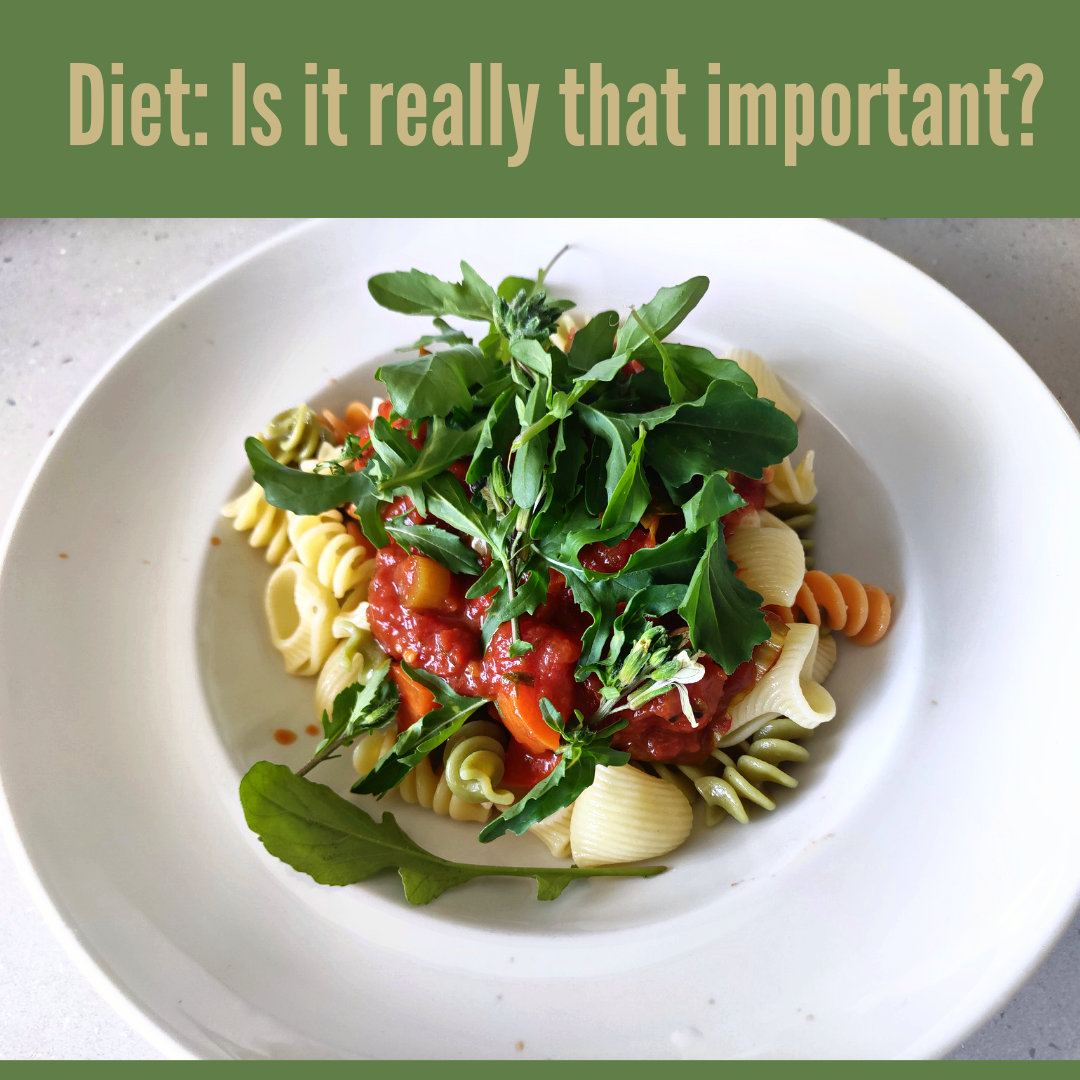
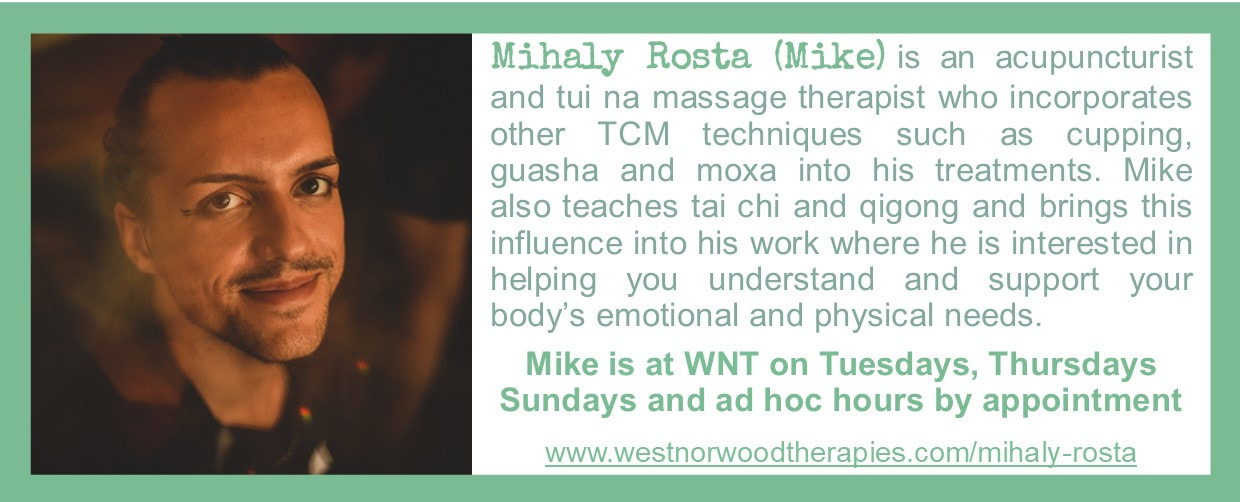

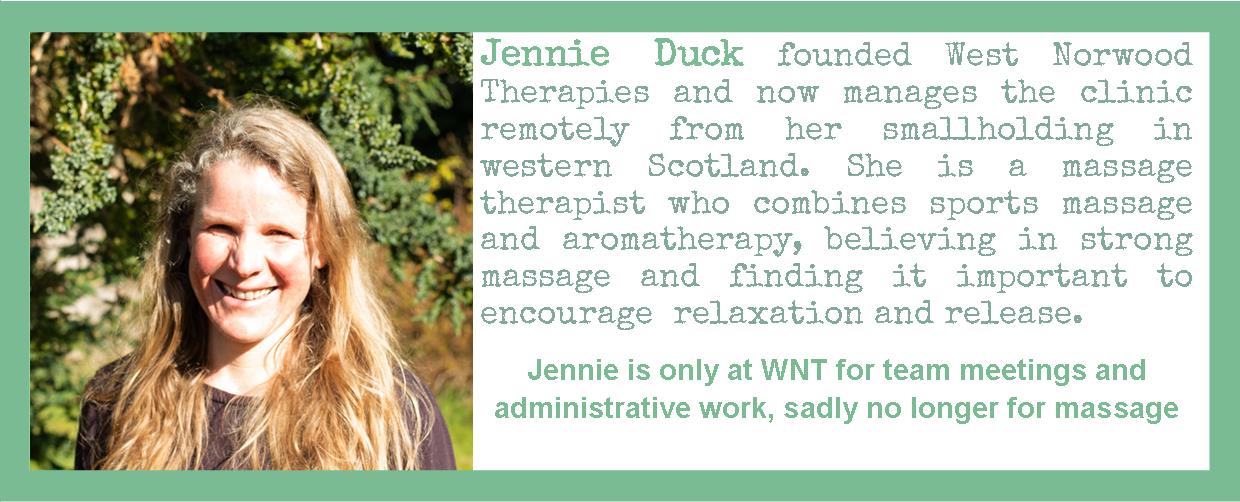
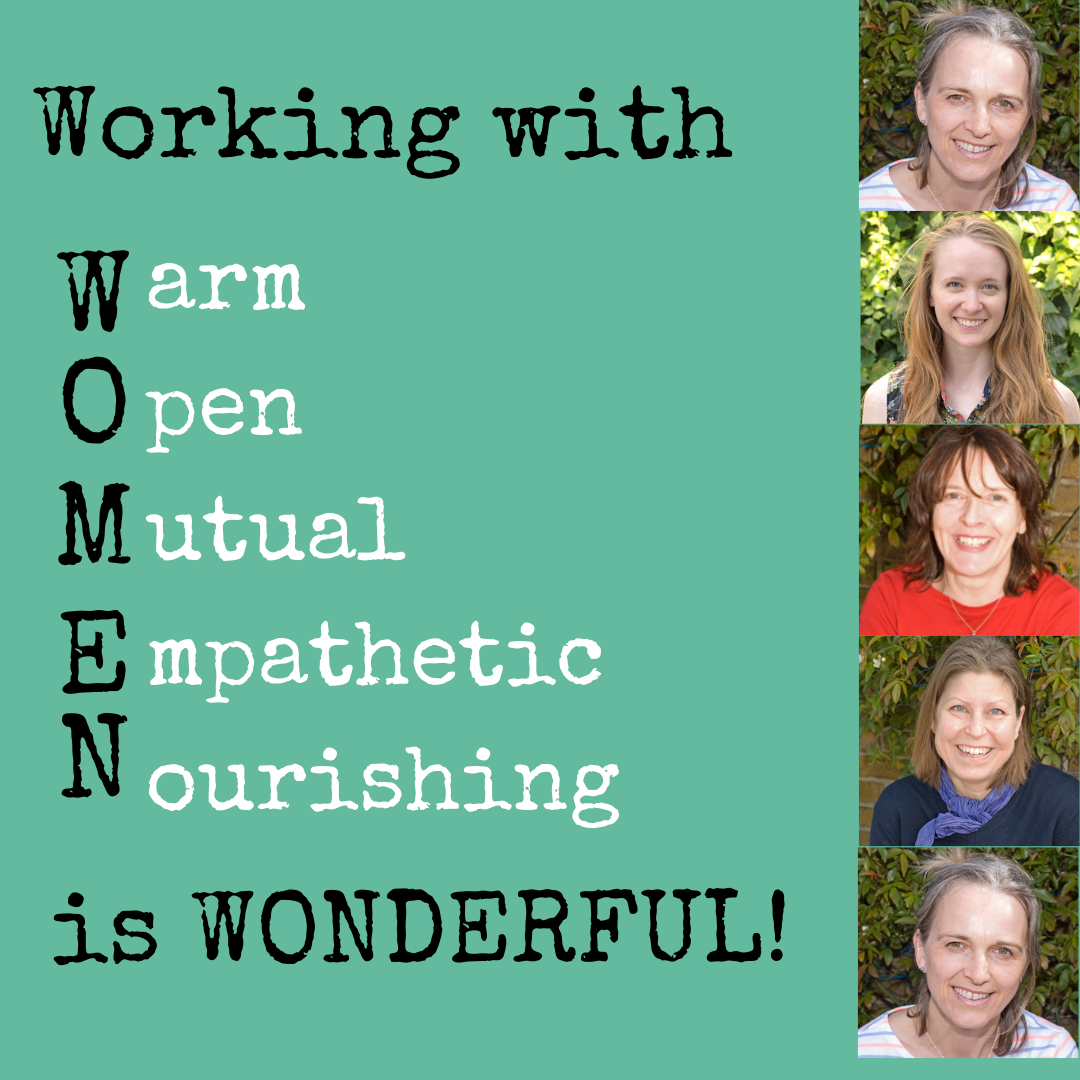
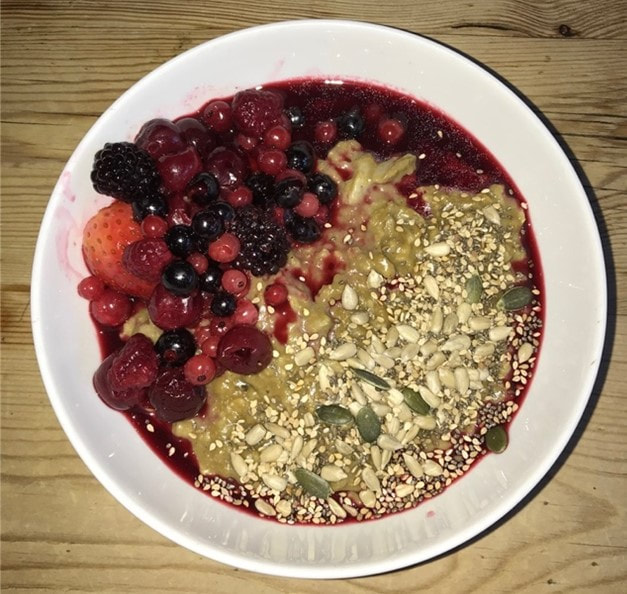
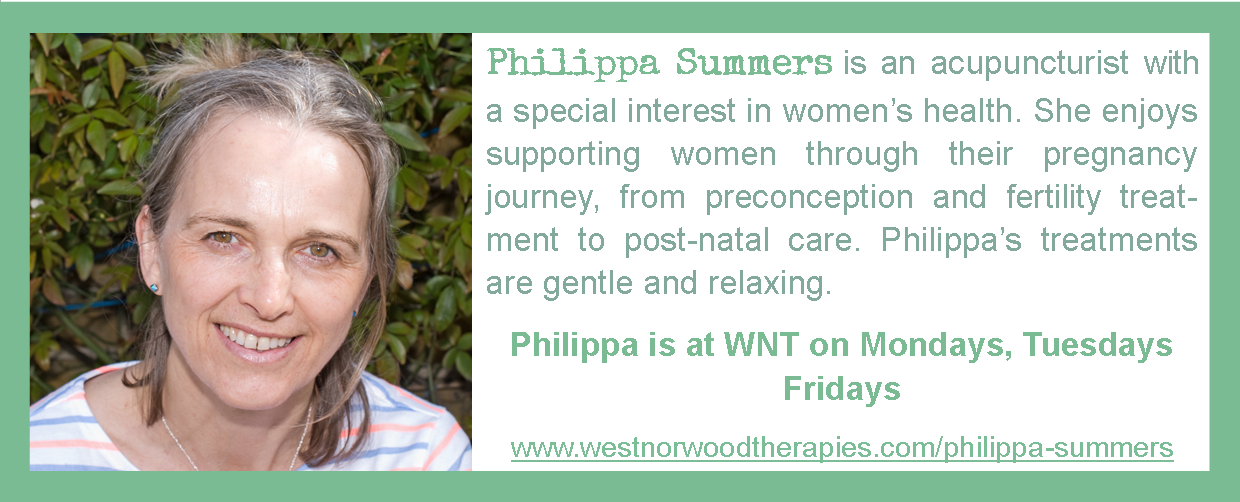


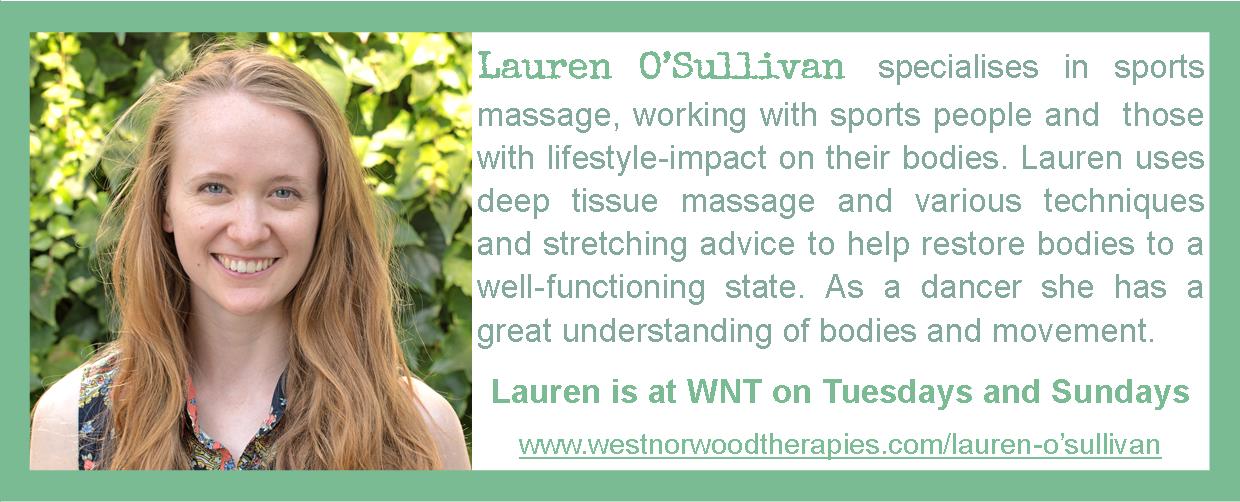




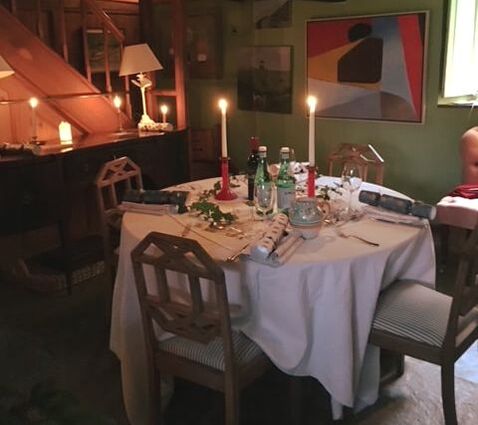
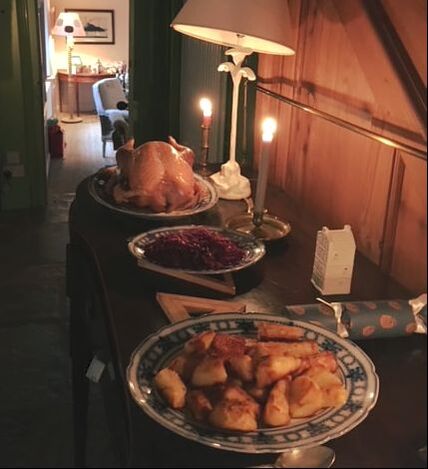
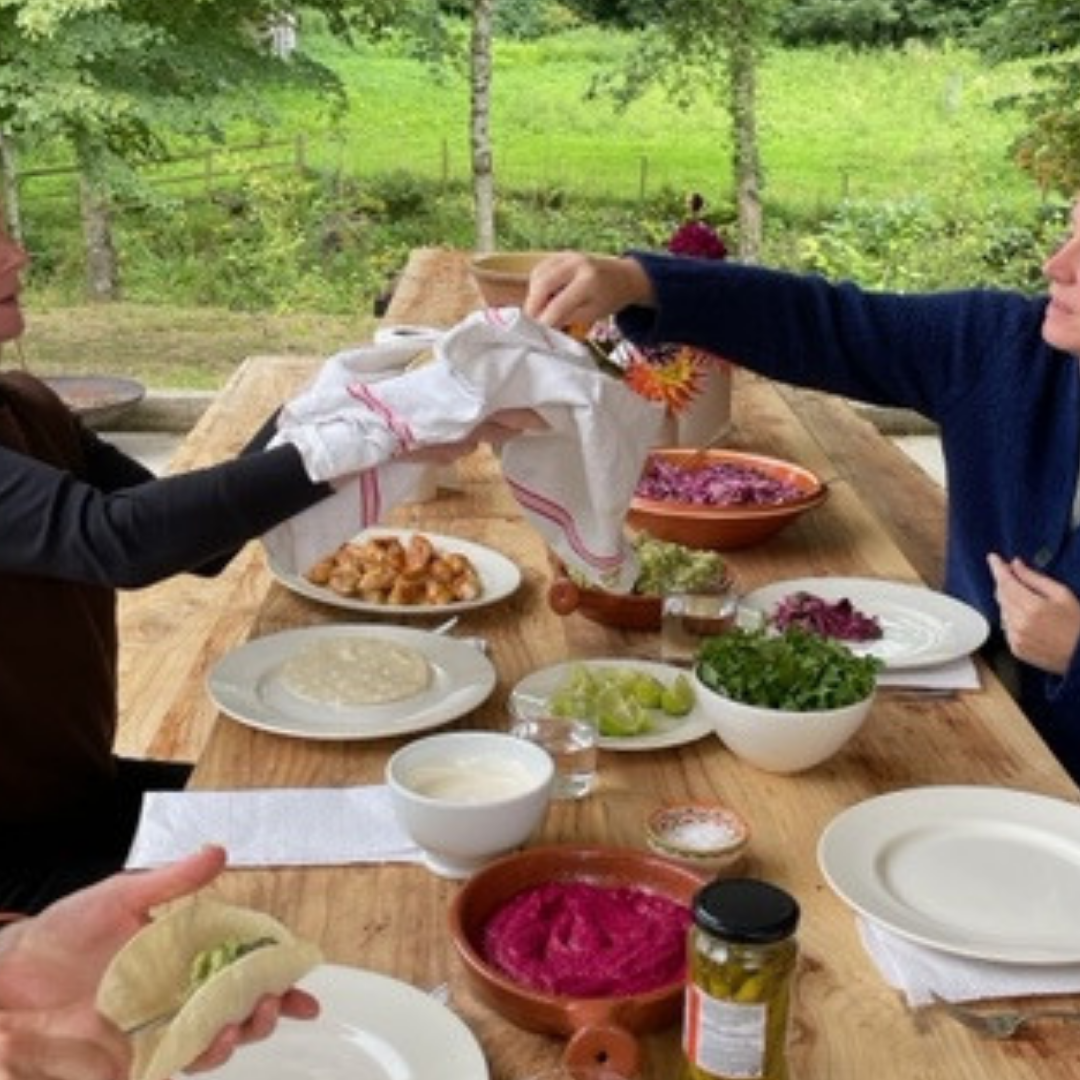
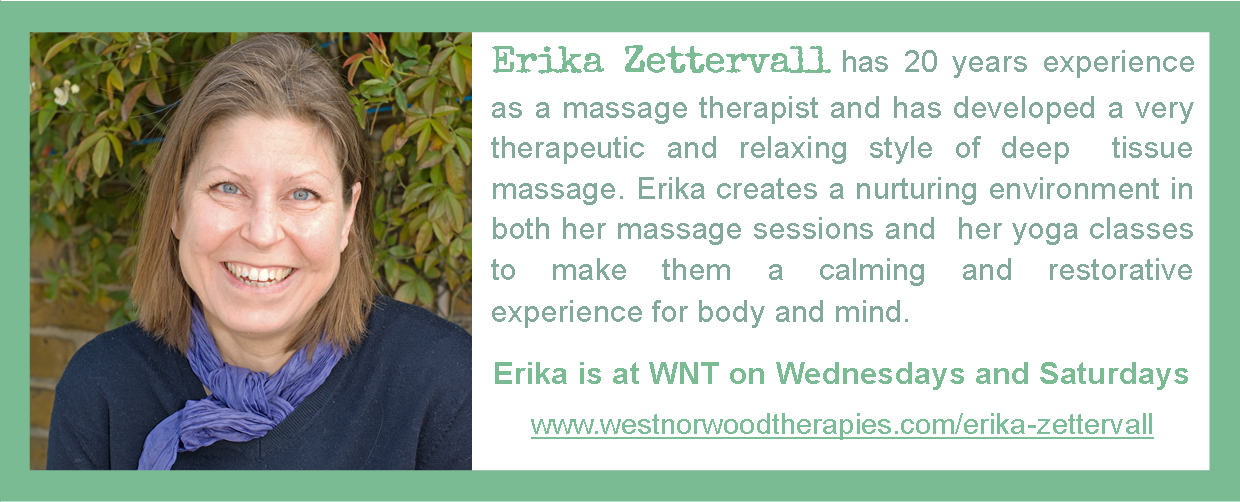
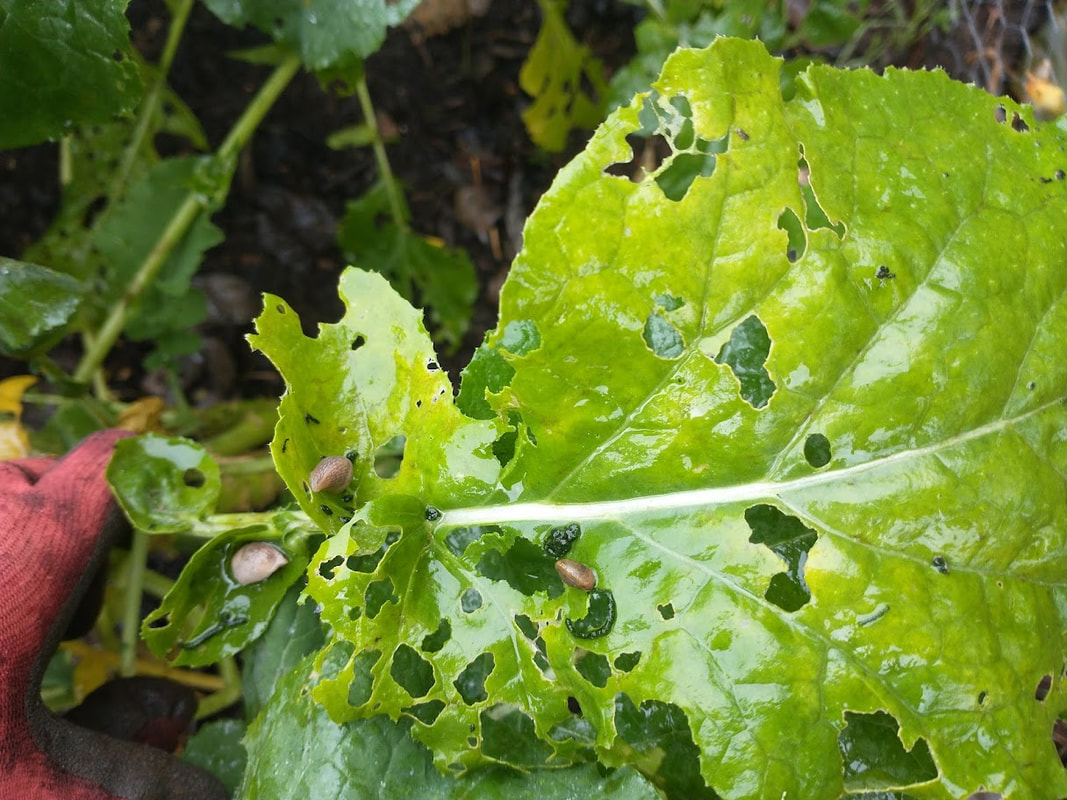
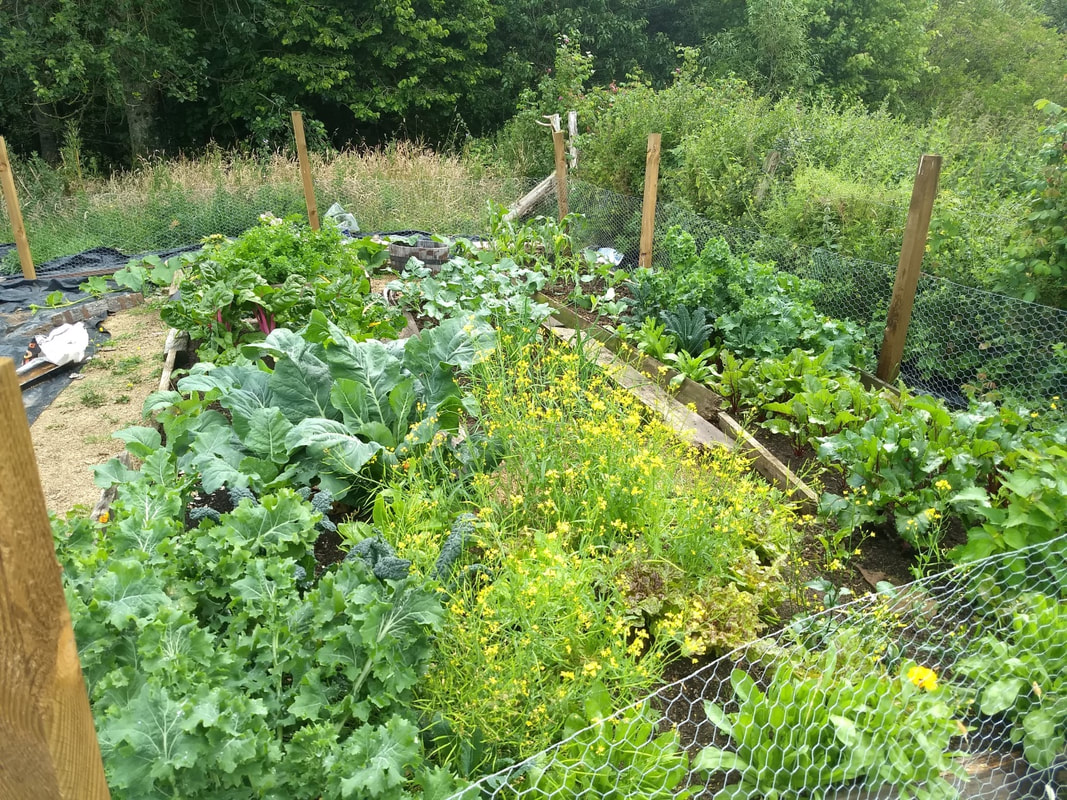
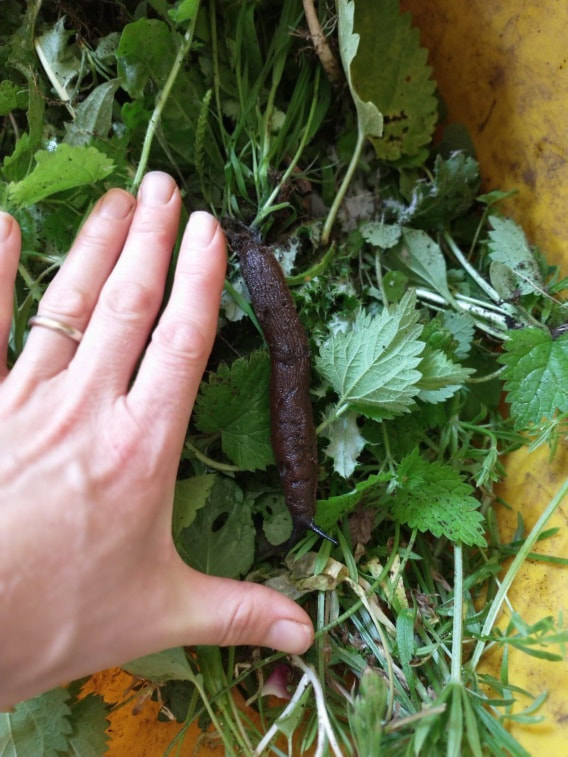
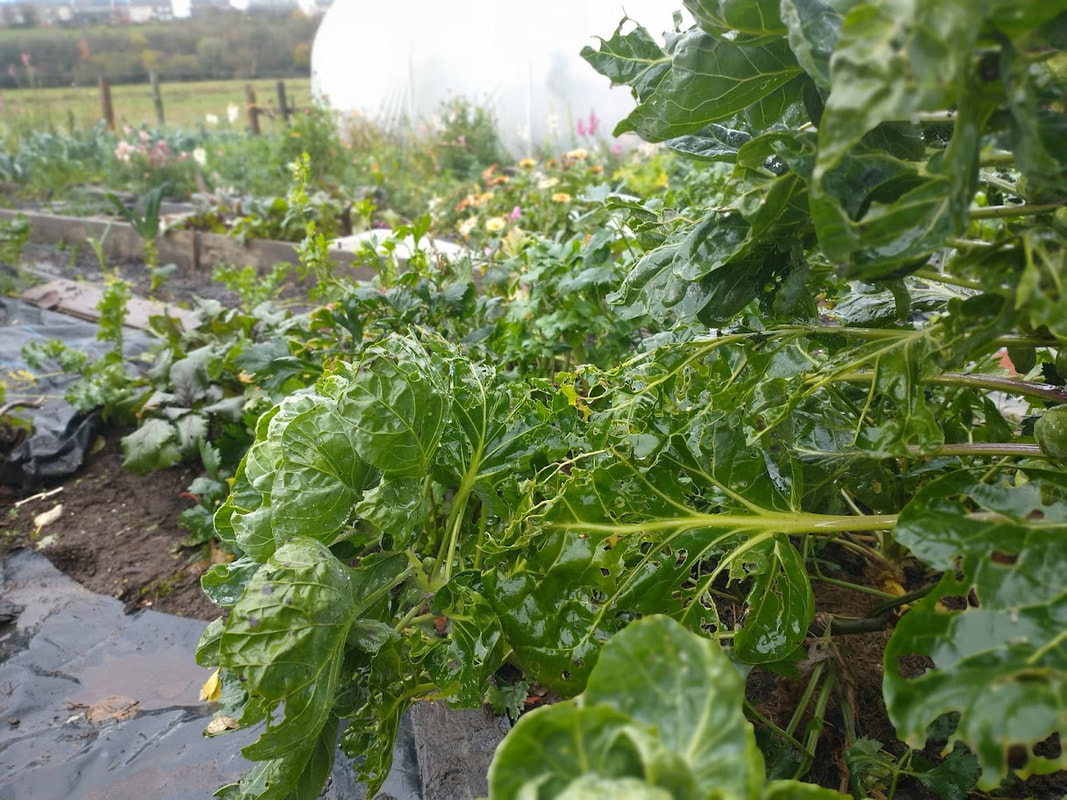
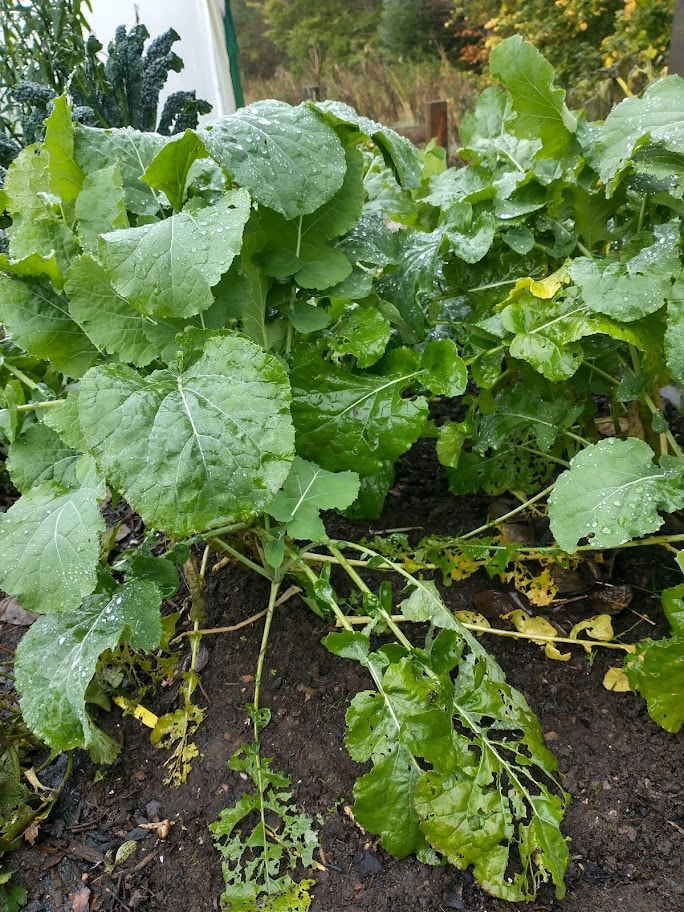
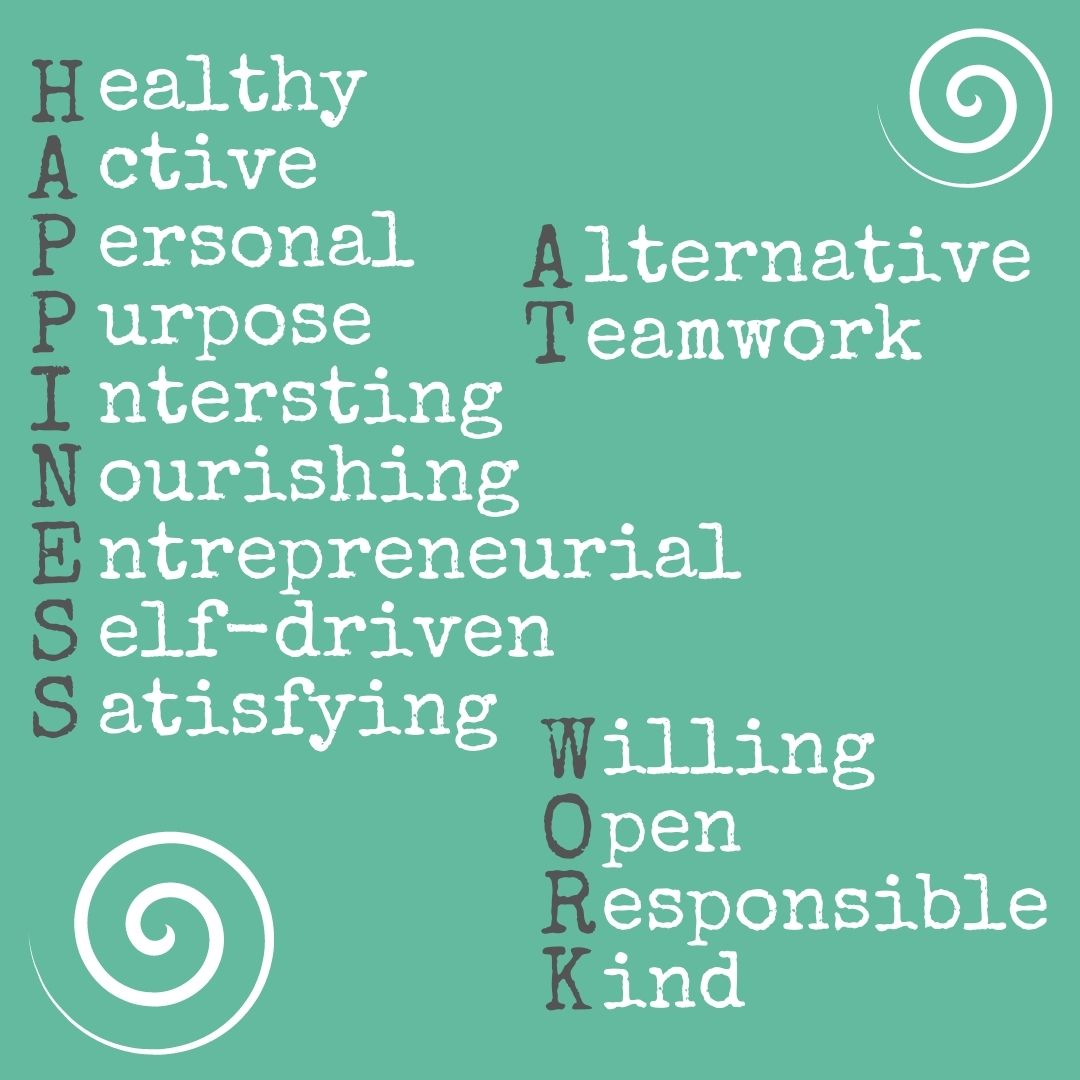
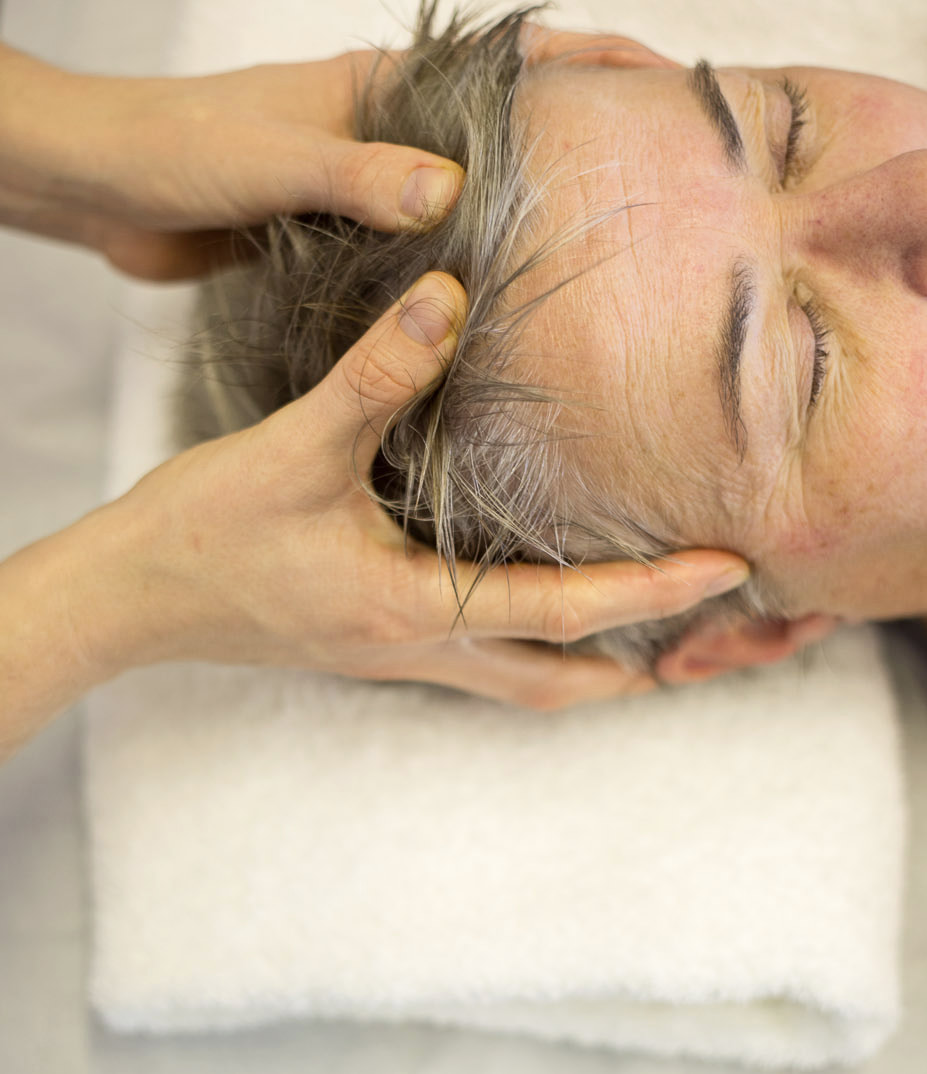
 RSS Feed
RSS Feed
